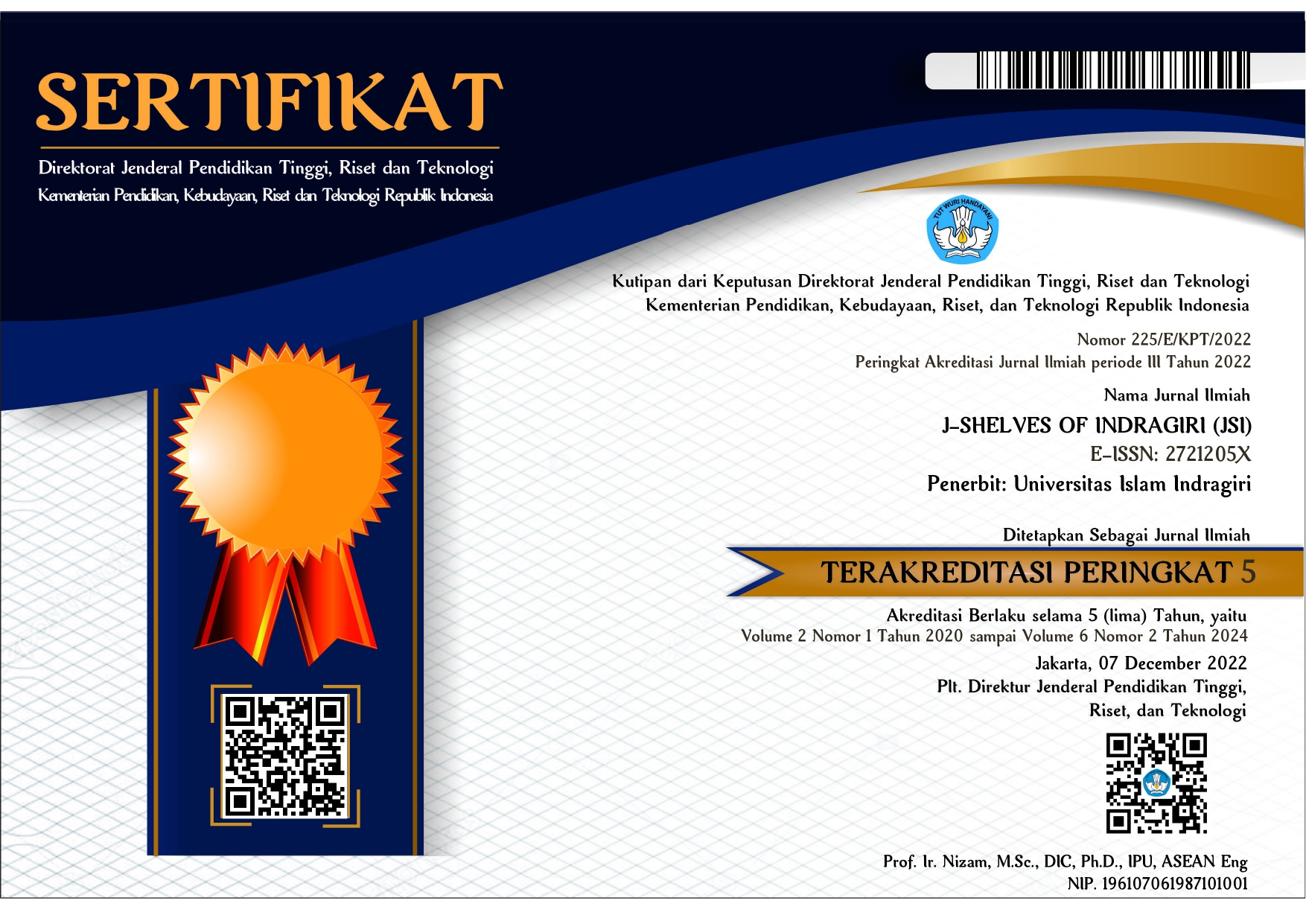ENHANCING ENGLISH LANGUAGE LEARNING THROUGH MIND MAPPING: A CASE STUDY OF STUDENTS’ ENGAGEMENT AND EFFECTIVENESS
DOI:
https://doi.org/10.61672/jsi.v5i1.2660Keywords:
English Language Learning, Mind Mapping , Students’ Engagement , Case StudyAbstract
This qualitative case study investigated the impact of integrating mind mapping in English language learning, emphasizing student engagement and effectiveness. The study, guided by principles outlined by Yin (2014), involves 30 participants enrolled in an English class. The research aims to provide a comprehensive understanding of the potential benefits of mind mapping in language education. The methodology employed purposive sampling and data triangulation, incorporating observation, testing, and data processing. Findings from a questionnaire reveal overwhelmingly positive student opinions toward the implementation of mind mapping, with 88.7% finding it useful for learning English, 93.3% for summarizing lessons, and 92.2% for organizing lesson contents. Participants express a preference for mind mapping in group work (52.5%) and pair work (48.3%). Overall, 84.3% enjoy the use of mind mapping in English class. In conclusion, this research provided valuable insights into the benefits of incorporating mind mapping in English language learning, aligning with contemporary educational research advocating for interactive and student-centric approaches. The positive responses from participants underscore the potential of mind mapping to enrich the language learning experience, making it more engaging, effective, and tailored to the cognitive processes of learners.
Keywords: English Language Learning, Mind Mapping, Students’ Engagement, Case Study
Downloads
Published
Issue
Section
License
Copyright (c) 2023 Yanti Anggraini, Ika Purnama Sari, Setiawati Setiawati

This work is licensed under a Creative Commons Attribution 4.0 International License.










